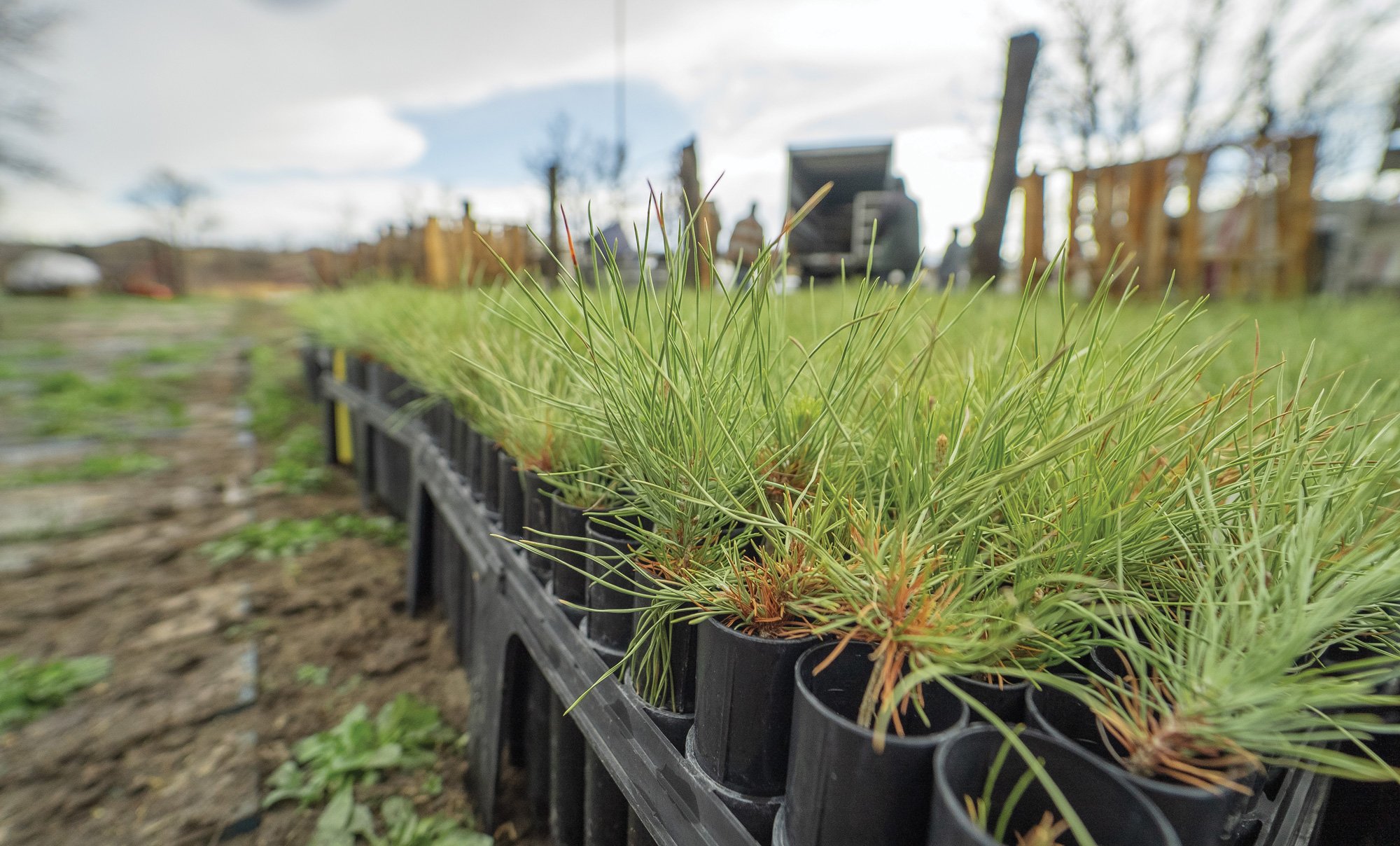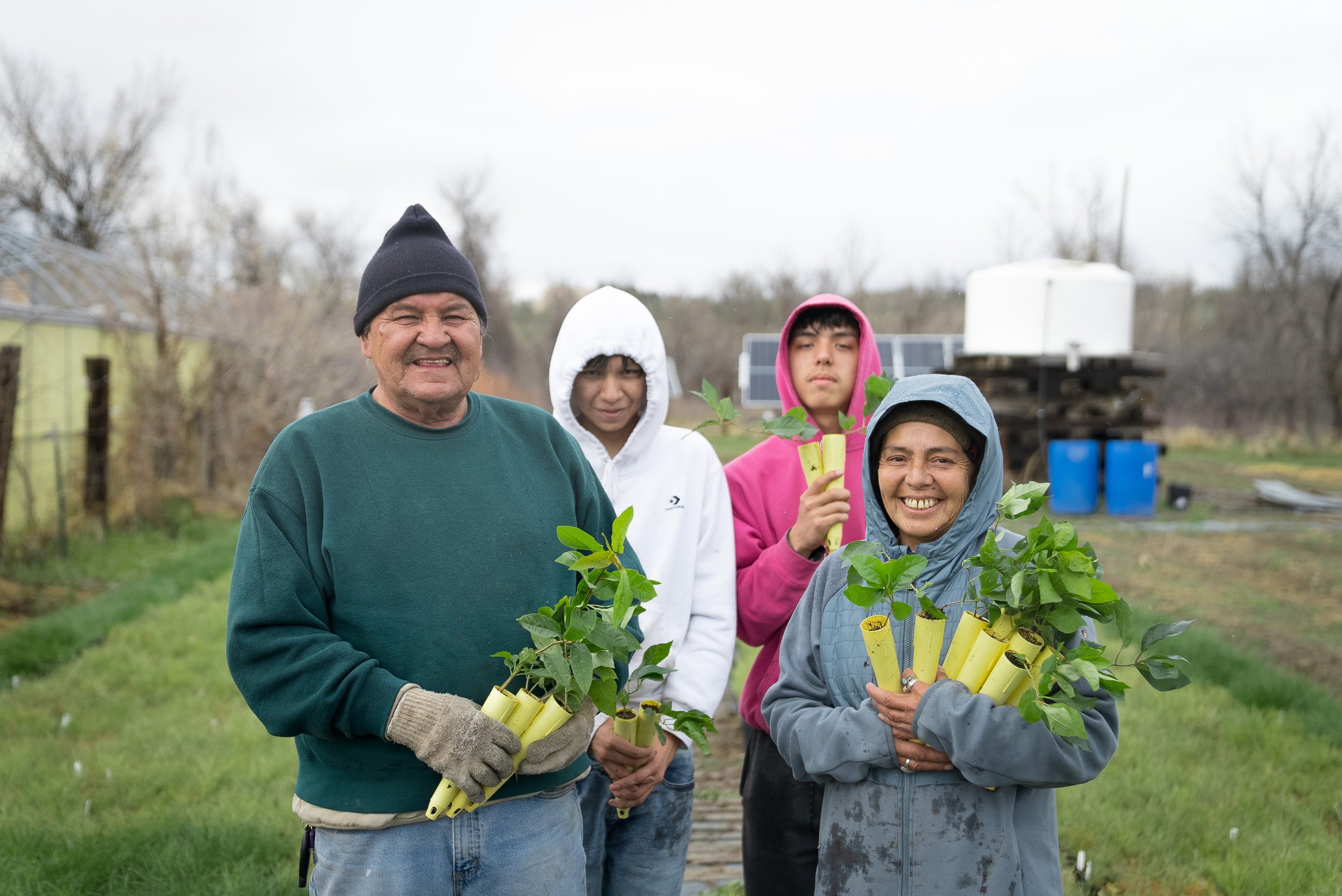
Where We Work
Mesoamerica Program Introduction
TWP’s Mesoamerica Program (MAP) supports Indigenous and marginalized communities and organizations in the preservation of their lands, natural resources and cultural lifeways. We facilitate local opportunities that regenerate and heal the territories and history of local communities by creating conditions for families to prosper in their country.
Indigenous Lands Program Introduction
TWP’s Indigenous Lands Program was founded in 2005 to support Native American Tribal communities and organizations in the preservation of their lands, natural resources and cultural lifeways. The Indigenous Lands Program continues to evolve, and this document lays out the vision and philosophy of the program, partnerships, and ongoing projects in our portfolio.
Locations
El Salvador
Steep, seismic and lush, El Salvador is a unique treasure in the region. Like their neighbors, Salvadorans have endured a tumultuous past that has eroded human rights and environmental protections, and destabilized the government. Since 2001, TWP has partnered with Árboles y Agua para el Pueblo (AAP) to address the root causes of poverty and environmental degradation in the region, in order to slow climate-forced migration of thousands each year. Lack of economic opportunity, locally-driven markets, gender equity, and a changing climate all threaten rural livelihoods in El Salvador.
Mexico
Mexico’s unique ejido system is a communal land, agriculture, and forest management program for rural communities nationwide. These designated regions are community-managed and government-supported, and though communities are prohibited from owning the lands, the system encourages small-scale farming and forest conservation. While there are many benefits and protections provided by the Mexican government to encourage the ejido system to thrive under local management, the program has its challenges.
Learn More
Guatemala
After a 36 year Civil War from 1960-1996, rural and Indigenous Guatemalans are still fighting to rebuild their lives. Hundreds of thousands of Indigenous people—forcibly displaced from their territories in the last two decades—are building a locally-led movement for social and environmental justice. In 2012, TWP began a partnership with the Asociación de Forestería Comunitaria de Guatemala Utz Ché to strengthen marginalized communities’ ability to protect the environment, and envision a new future in the Southeast.
Honduras
Honduras is facing some of the toughest social and environmental challenges in its history, with high rates of out migration due to lack of economic opportunity, and negative impacts of climate change. In the last 10 years, the Southern pine beetle, coffee rust, extreme forest fires, and back-to-back hurricanes have destroyed large areas of forest and farmland, while hundreds of thousands of people have become internally displaced refugees and others have been forced to flee the country.

Colorado
Riparian areas across the Western U.S. are disappearing in response to climate change and other factors. On Ute Mountain Ute Tribal and ancestral lands in southwest Colorado, this loss impacts tribal members who depend on riparian areas along the Mancos River for cultural preservation, traditional harvest, and livelihoods.
New Mexico
New Mexico's 19 Native American Pueblos are some of the oldest Tribal communities in the country. While there are commonalities between the Pueblos, each one is a unique, independent, self-governing entity where contemporary residents continue to observe their ancestors' time-honored traditions, beliefs and practices. The Jemez mountains in north-central NM have provided Native communities with resources for millennia, and are currently threatened by the unprecedented pressures of climate change.
South Dakota
Our work on Tribal Lands started with the Oglala Lakota Nation on the Pine Ridge Indian Reservation in the early 2000s. We began by collaborating with solar entrepreneur Chief Henry Red Cloud, proprietor of Lakota Solar Enterprises, to develop renewable energy projects that help create economic opportunities for Tribal members while promoting the sacred connection between land and people.







